Aquaculture innovation hub could help achieve England’s aquaculture production goals over next 20 years
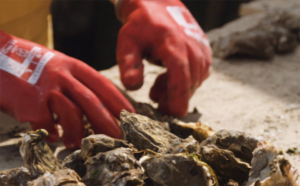
The Dorset Coast Forum (DCF), an independent strategic coastal partnership in the United Kingdom that addresses issues facing the Dorset coast and its inshore waters, has secured funding from the Marine Management Organisation (MMO) to develop the concept of an English Aquaculture Innovation Hub in Dorset.
Over five months, the project will undertake a nationwide study on the potential positive impacts of creating the Hub and how it could help grow the English aquaculture sector. Economic data will be gathered from across England, and a business model and plan for the Hub will be developed.
“The English aquaculture sector will be very different from that of Scotland and it’s more likely that seaweed and shellfish will be farmed near shore, perhaps with the addition of high-value fish farmed in tanks onshore,” said Martin Sutcliffe, Aquaculture and Fisheries Development officer at DCF. “It makes a lot of sense to have a Hub that focuses on the needs of businesses here.”
The work is supported by Dorset Local Enterprise Partnership (LEP) and Dorset Council will be led by Sutcliffe. Input will also be included from Hatch Innovation Services, the consultancy and advisory business of global sustainable aquaculture accelerator and investment company HATCH. Both Dorset LEP and Dorset Council see the emerging sector as fundamental to providing rural and coastal jobs across the county, and this study could “give a route” towards taking that path.
“Dorset LEP is delighted to support the ambition for the county to be the centre of the English sustainable aquaculture industry and this project will lay the foundations of that ambition,” said Cecilia Bufton, Dorset LEP Chair. “Food security is a national priority and Dorset is the perfect place for the aquaculture sector to flourish; I am eager to see the outputs from this study.”
Poole Harbour in Dorset is Europe’s largest natural harbour and has a “thriving aquaculture sector” where shellfish are grown on the seabed. As the English Aquaculture Strategy aims to increase production ten-fold over the next 20 years, the creation of a Hub could help the sector meet that ambitious target.
“It’s important that as the aquaculture industry develops it does so in harmony with our natural landscape at sea or on the land,” said Councillor Ray Bryan, portfolio holder for Highways, Travel and Environment at Dorset Council. “[A Hub] will be an asset to the county and provide a national focus for this important food production industry.”
One of the first steps is to conduct consultations through the DCF network and links to national bodies such as Seafish, Cefas and the South West Aquaculture Network.
“We know that the English aquaculture sector buys into an Innovation Hub, but we want to make sure that what comes out of this project not only meets their needs, but also minimizes any conflict with other marine users and landowners across England,” said Sutcliffe. “[We want to] make sure we reach as many people as possible to feed into this process.”
Follow the Advocate on Twitter @GSA_Advocate
Now that you've reached the end of the article ...
… please consider supporting GSA’s mission to advance responsible seafood practices through education, advocacy and third-party assurances. The Advocate aims to document the evolution of responsible seafood practices and share the expansive knowledge of our vast network of contributors.
By becoming a Global Seafood Alliance member, you’re ensuring that all of the pre-competitive work we do through member benefits, resources and events can continue. Individual membership costs just $50 a year.
Not a GSA member? Join us.
Author
-
Responsible Seafood Advocate
[103,114,111,46,100,111,111,102,97,101,115,108,97,98,111,108,103,64,114,111,116,105,100,101]
Tagged With
Related Posts
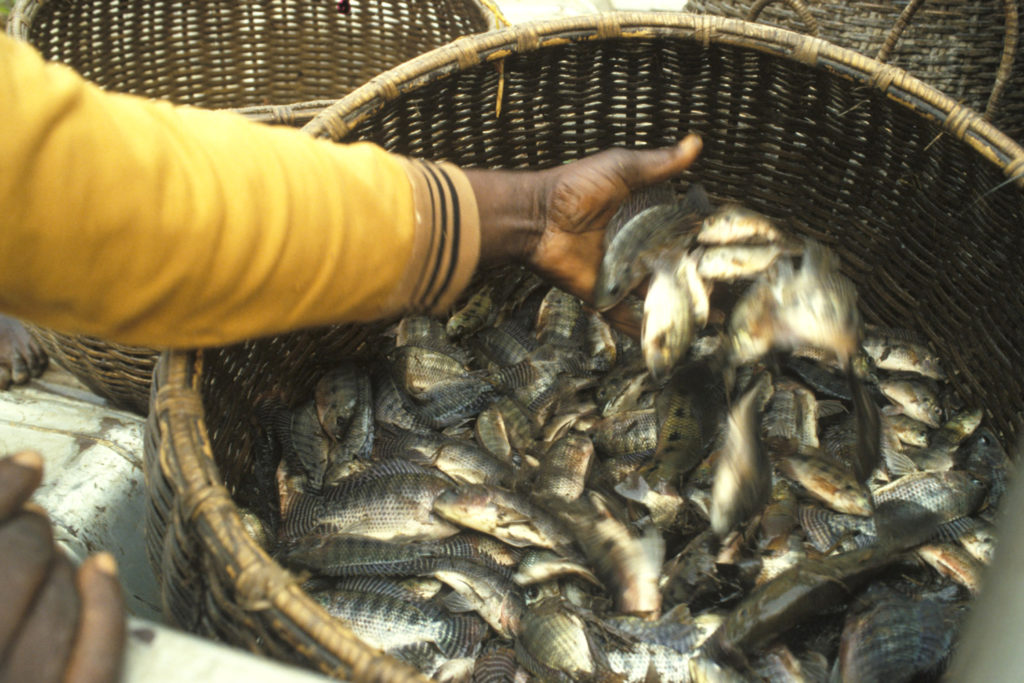
Responsibility
A helping hand to lend: UK aquaculture seeks to broaden its horizons
Aquaculture is an essential contributor to the world food security challenge, and every stakeholder has a role to play in the sector’s evolution, delegates were told at the recent Aquaculture’s Global Outlook: Embracing Internationality seminar in Edinburgh, Scotland.
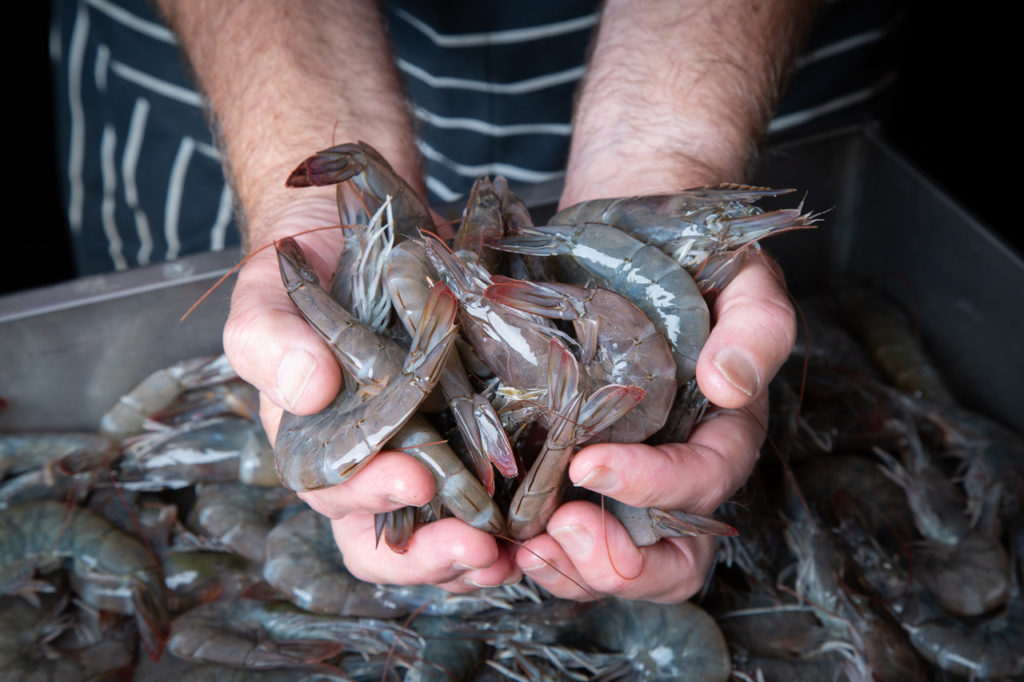
Innovation & Investment
Ascending U.K. prawn farms now riding out the coronavirus storm
U.K. prawn farms FloGro Fresh and Great British Prawns believe demand for trusthworthy, local food will carry them past the COVID-19 market disruption.
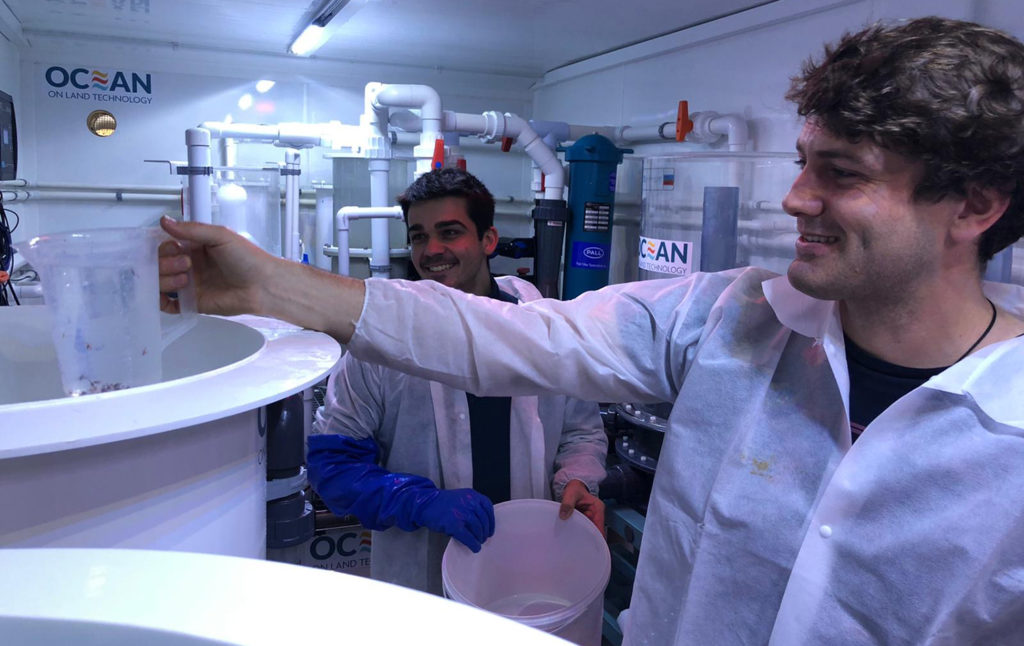
Innovation & Investment
Orkney Shellfish Hatchery has the hardware for shellfish restoration
The Orkney Shellfish Hatchery aims to aid the restoration of iconic U.K. fisheries – native flat oysters, clawed lobsters and their coastal communities.
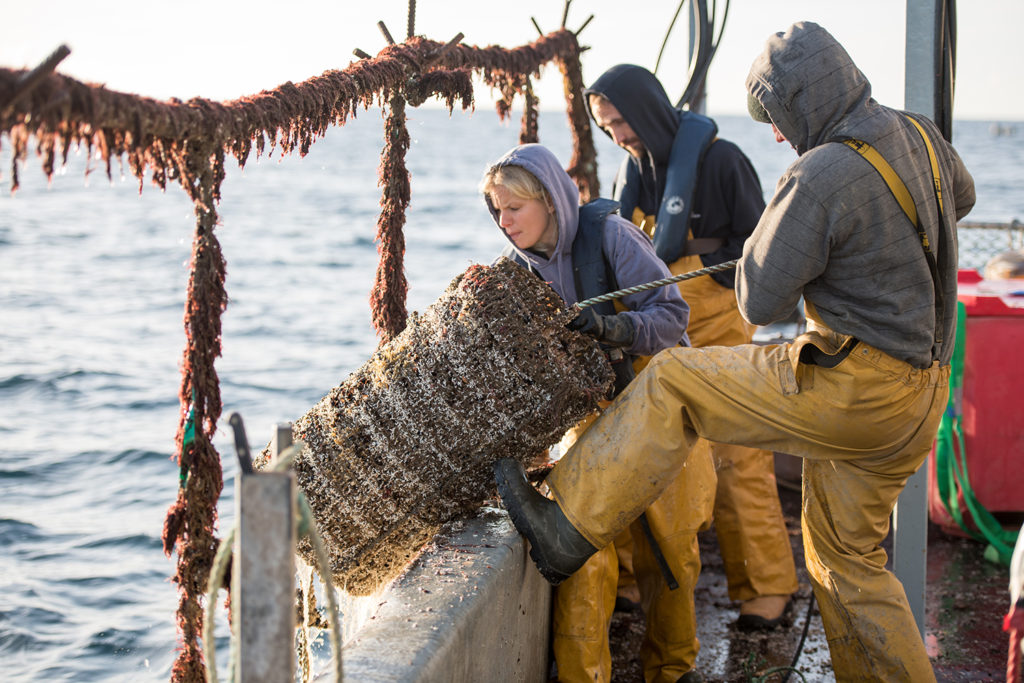
Innovation & Investment
UK lobster-farming project breaks new ground
A project to grow lobsters in the open sea is giving researchers hope that the technology behind stock enhancement could be improved and that lobster farming could provide new prospects for diversification and employment.



